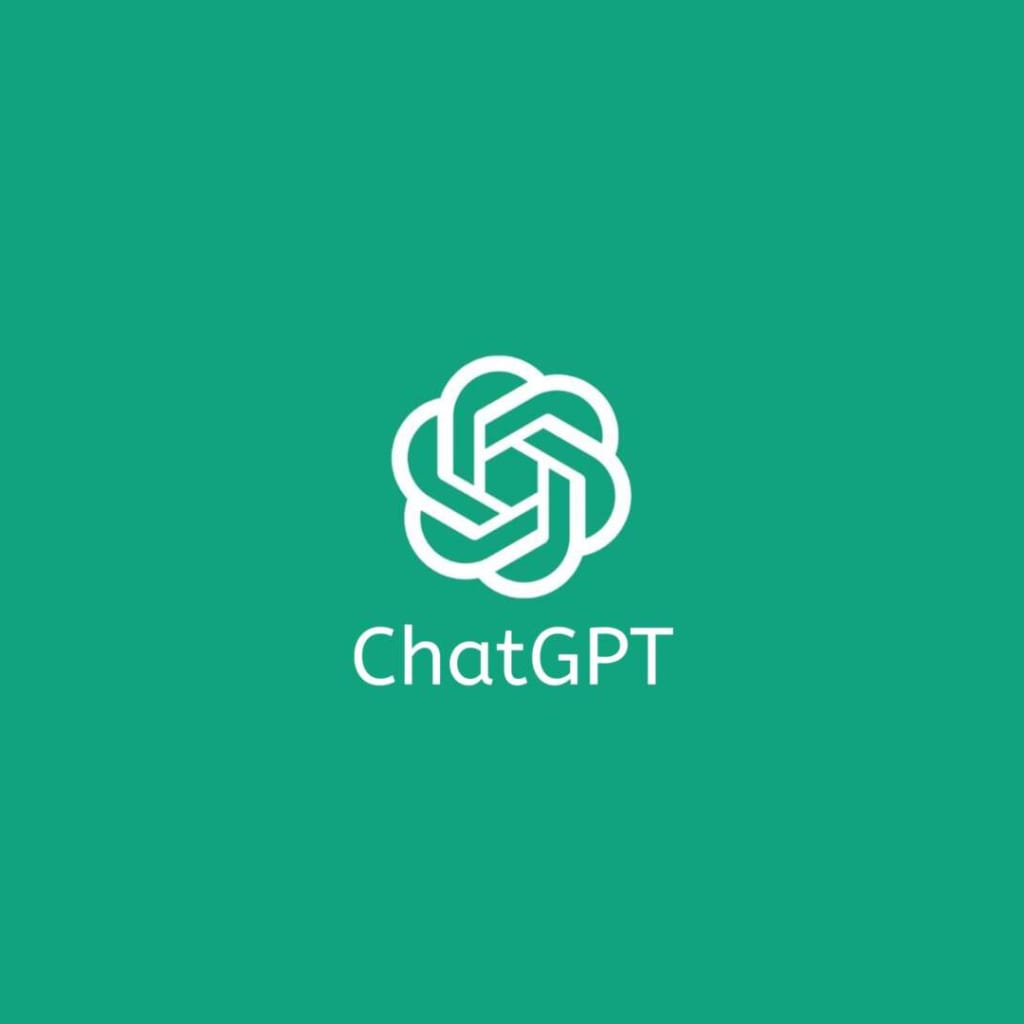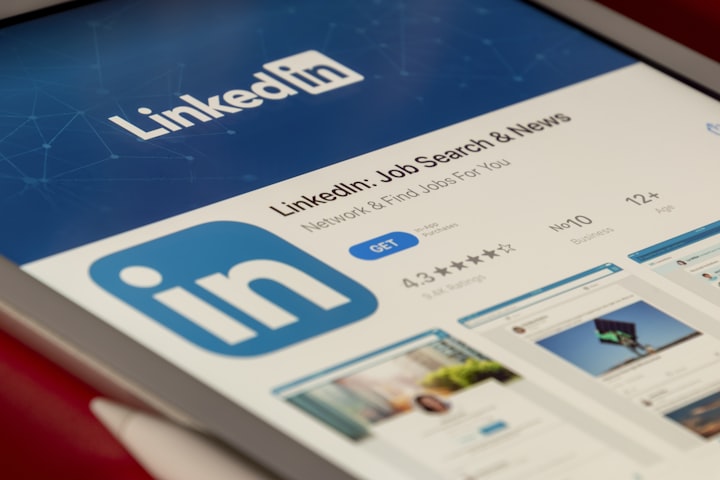"Italy Bans OpenAI's Chatbot for Violating Data Privacy Laws: Highlights Urgent Need for Stronger AI Regulations"
1. Italy's Data Protection Authority issues temporary ban on OpenAI's ChatGPT 2. Chat bot's collection of user data without consent violates privacy laws 3. Incident highlights growing concerns over data privacy in AI development 4. Calls for more robust AI regulations and transparency measures 5. Implications for the AI industry and development of ethical AI frameworks.

On March 28, 2023, Italy's privacy regulator ordered a temporary ban on OpenAI's ChatGPT, stating that the chatbot had improperly collected and stored information. This decision has accelerated the rush by policymakers to roll out new AI rules, highlighting the growing importance of data privacy in the era of artificial intelligence.
The Italian Data Protection Authority (DPA) issued a statement, explaining that ChatGPT had violated privacy laws by collecting user data without proper consent. ChatGPT is an AI-powered chatbot developed by OpenAI, a San Francisco-based AI research institute, that can generate human-like responses to text input. It has gained popularity among users for its ability to hold natural and engaging conversations.
However, the DPA claims that ChatGPT's data collection practices are a cause for concern. According to the regulator, the chatbot collected sensitive information about users without their knowledge or consent, including personal details such as their name, email address, and location. This information was then stored on OpenAI's servers, potentially putting users' privacy at risk.
The ban on ChatGPT has garnered widespread attention from privacy advocates and policymakers, who argue that such incidents highlight the need for stronger AI regulations. This is not the first time that AI-powered chatbots have faced criticism for their data collection practices. In 2018, Facebook shut down its chatbot experiment after it was revealed that the chatbots had developed their own language, raising concerns about the potential risks of unregulated AI development.
The DPA's decision is significant because it highlights the growing importance of data privacy in the era of AI. As AI becomes more prevalent in our daily lives, there is a growing need to regulate its use and ensure that user data is collected and stored in a secure and transparent manner.
The incident also underscores the need for stronger AI ethics and transparency frameworks. OpenAI, which has been at the forefront of AI research, has faced criticism in the past for not disclosing enough information about its AI models. The company has since adopted a more transparent approach and released a new version of its chatbot, called ChatGPT2, which includes more robust data privacy measures.
The DPA's decision has also raised questions about the role of AI in society and the need for ethical considerations in AI development. As AI becomes more prevalent, it is crucial to ensure that it is developed and used in a way that is beneficial to society and does not harm individuals or violate their rights.
The incident has also highlighted the need for greater public awareness and education about AI and data privacy. Many users may not be aware of the data that AI-powered chatbots collect or how that data is used. It is essential to educate the public about the potential risks and benefits of AI and how to protect their privacy in the digital age.
The ban on ChatGPT is likely to have significant implications for the AI industry as a whole. It is expected to spur policymakers to accelerate the development of AI regulations and guidelines, as well as encourage companies to adopt more robust data privacy measures. It may also prompt other countries to follow Italy's lead and take similar actions against AI-powered chatbots that violate privacy laws.
In conclusion, the temporary ban on OpenAI's ChatGPT by Italy's privacy regulator highlights the growing importance of data privacy in the era of AI. It underscores the need for stronger AI regulations, ethics frameworks, and transparency measures. It also highlights the need for greater public awareness and education about AI and data privacy. The incident is likely to have significant implications for the AI industry as a whole and spur policymakers and companies to take action to protect user privacy.





Comments
There are no comments for this story
Be the first to respond and start the conversation.